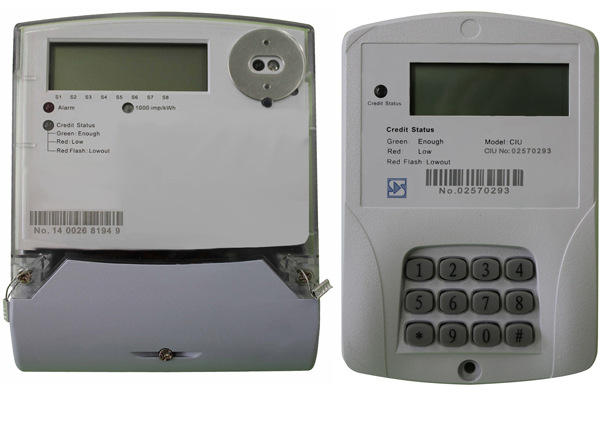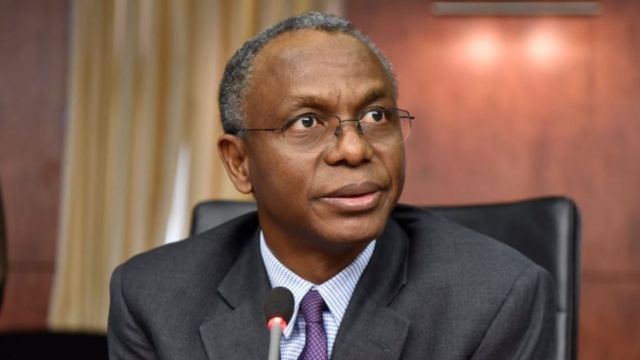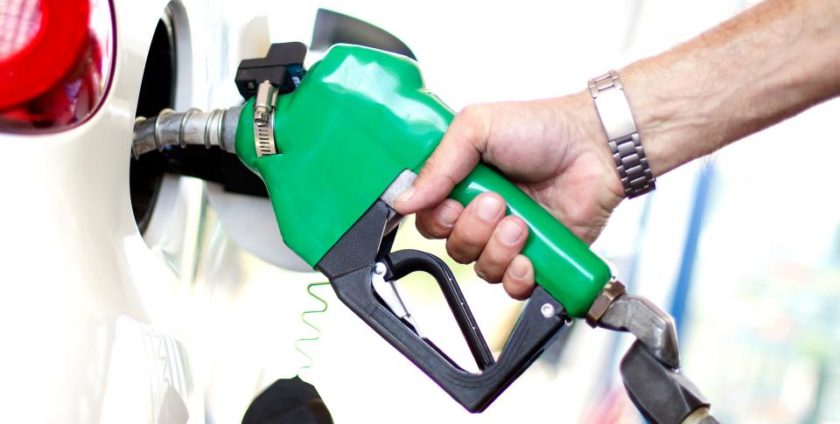Osinbajo Asks Nigerians To Prepare For Higher Electricity Tariffs
Vice President Yemi Osinbajo has said that Nigerians must brace up for the payment of higher electricity tariffs. He said it had become inevitable.
Osinbajo, who spoke Monday at the sixth presidential business forum held at the Banquet Hall of the Presidential Villa, Abuja, said: “There is no question at all that we must pay higher tariffs.”
He, however, said that government was not going to increase the tariffs for now but rather working towards cleaning the electricity value chain.
According to him, the N700 billion payment assurance guarantee set aside by government was to ensure uninterrupted payment for gas and liquidity in the power sector.
Osinbajo said the payment assurance guarantee was to fund a smooth transition “from where we are to a much more market-determined policy for electricity.”
He said that government was already working with the World Bank on this.
In another development, the Vice President said the Federal Government was set to explore the use of government’s intervention funds in agriculture and its value chains.
The Vice President, who spoke at the forum attended by the Minister of Agriculture and Rural Development, Audu Ogbeh; Minister of Industry, Trade and Investment, Okechukwu Enelamah; officials of government agencies and stakeholders in the agriculture sector, said: “I’m chairing a committee to look at how to not only use intervention funds, but how to monitor the use of intervention funds.”
Osinbajo said that government would not “bring down interest rate overnight,” pointing out that the “way out is by some kind of intervention and that’s what the President has asked that we do.”
The Vice President said that government was refining the anchor borrowers’ programme and other intervention funds for agriculture with a view to making them more effective in assisting farmers.
Also, he said the issue of smuggling of agricultural produce into the country is an existential threat to the country’s agricultural sector.
Osinbajo also identified low duty paid in some of the neighbouring countries as one of the factors that encourage the smuggling of rice and other agricultural produce through them into Nigeria.
Meanwhile, Ogbeh has said that importation of rice has dropped by about 95 per cent from 644,131 metric tonnes in September 2015 to 20,000 tonnes in September 2017, saying: “We should be almost certain to meet our needs in local rice production.”
Others, who spoke, were Enelamah, who gave update on the Export Incentive Grant; and the Chief Executive Officer of the WACOT Rice Mill in Kebbi State, Rahul Savara.




